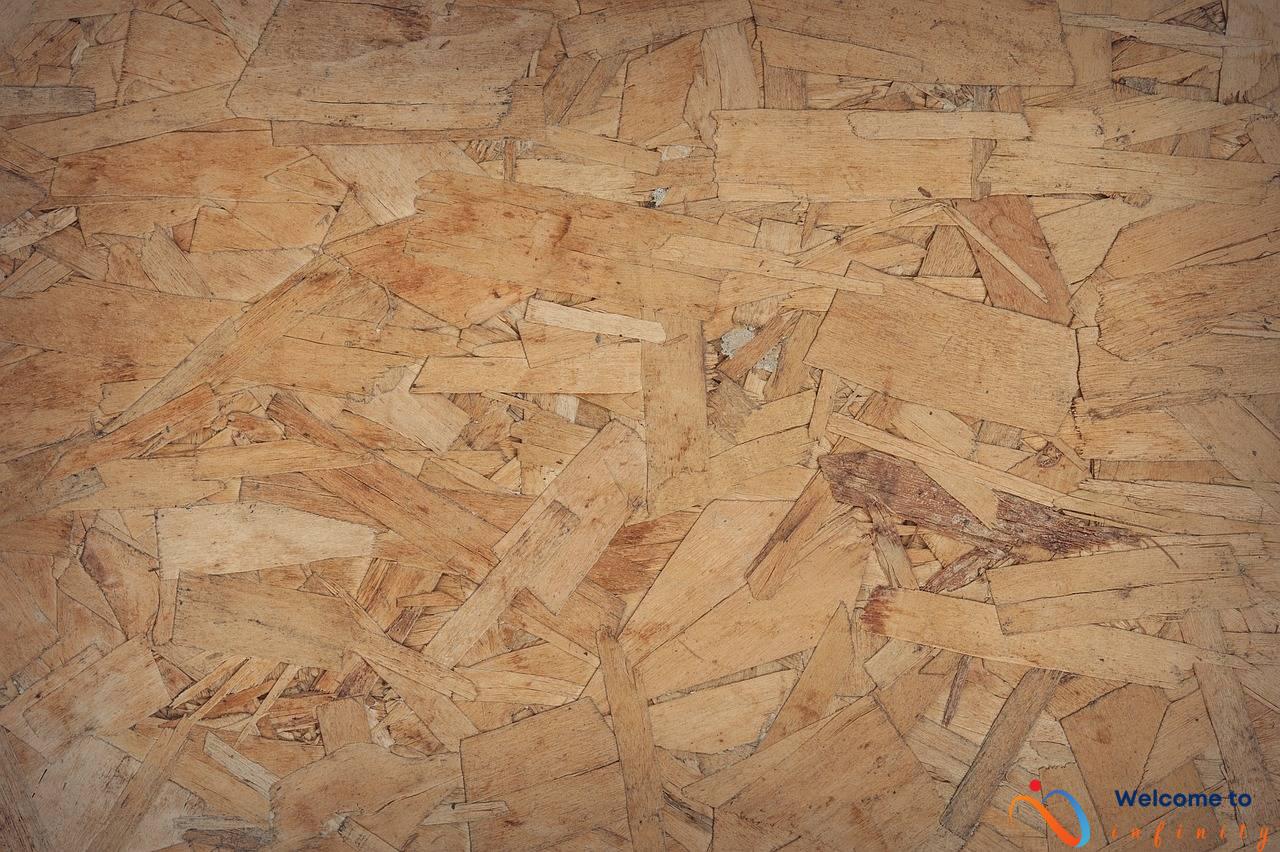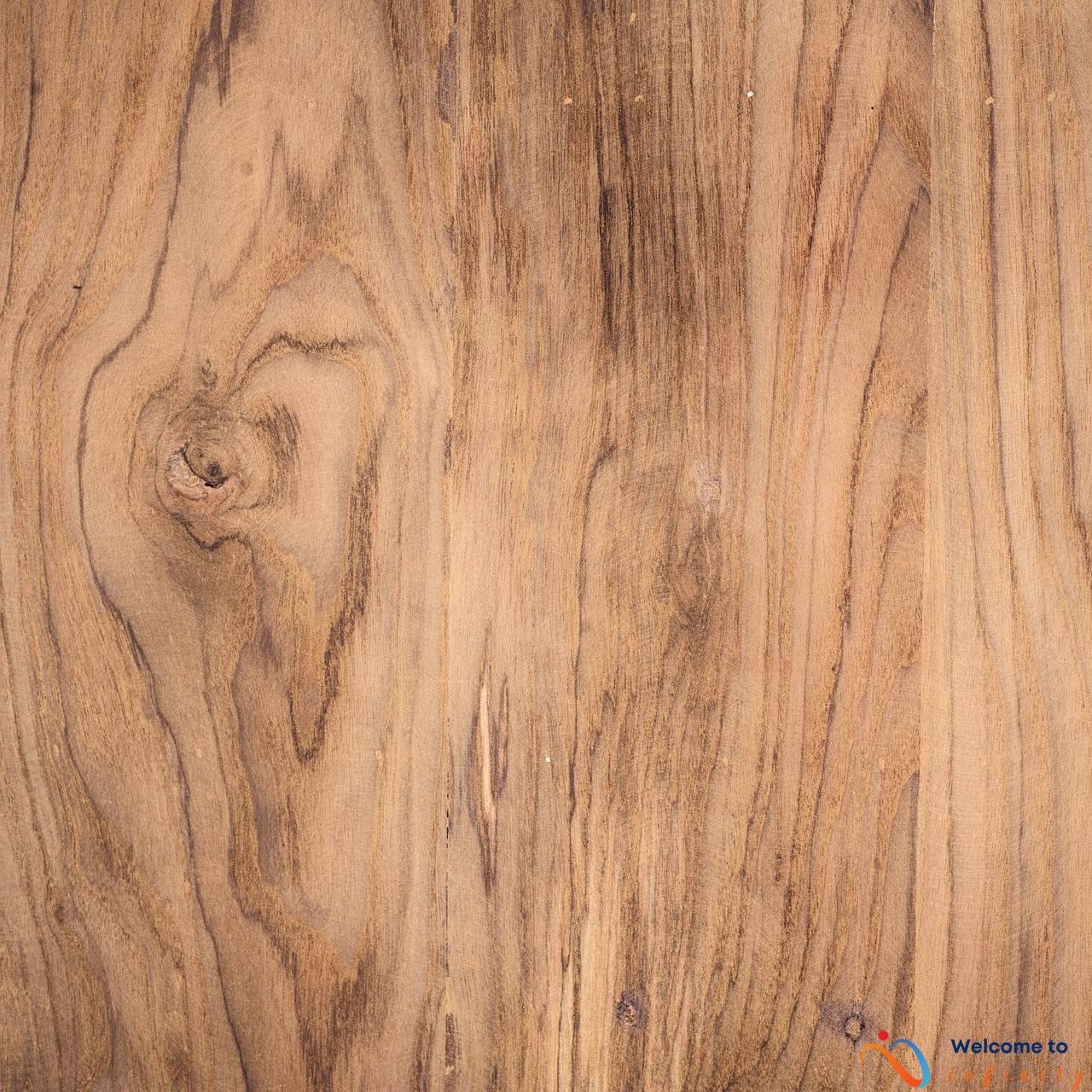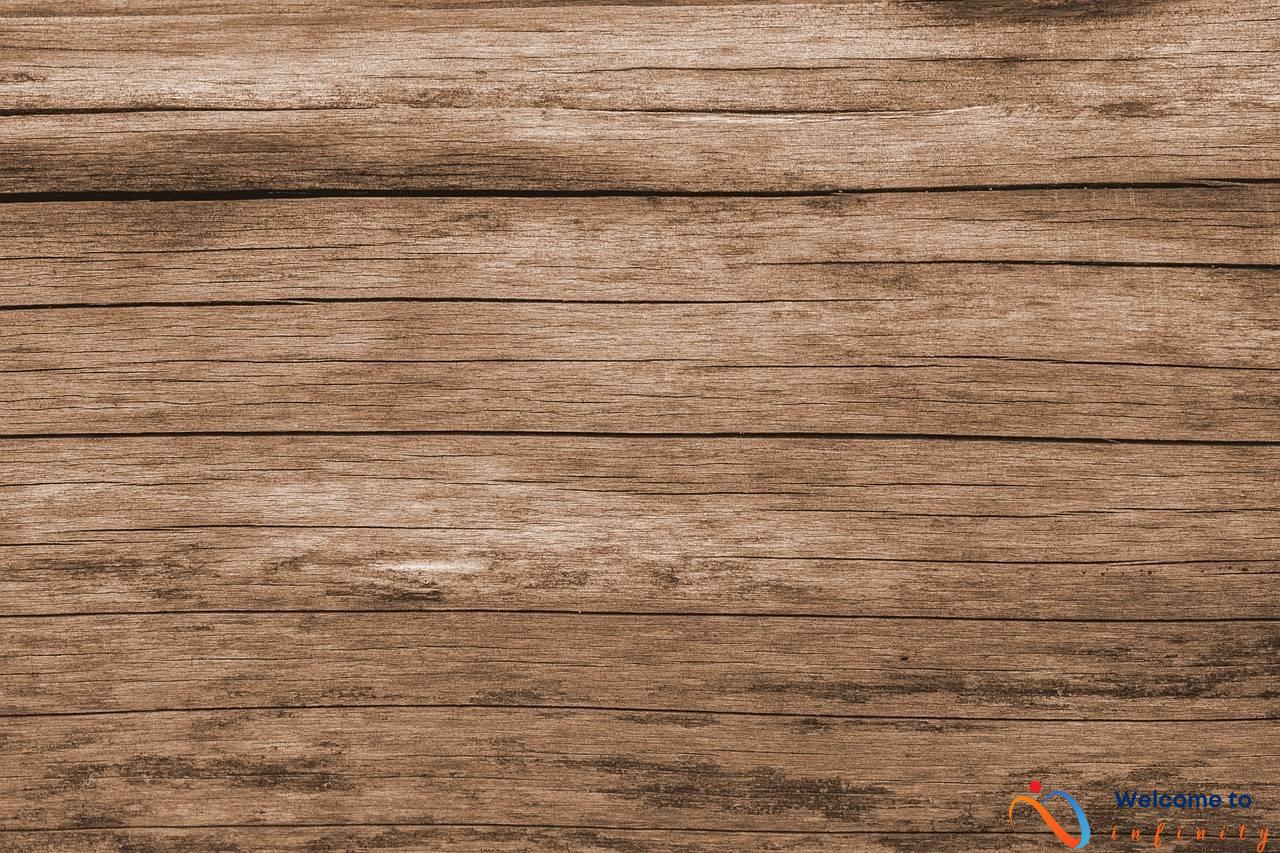Incorporating sheet masks into your skincare routine can elevate it to the next level. Sheet masks are face-shaped masks made of materials like cotton, hydrogel, or bio-cellulose that are soaked in serums packed with beneficial skincare ingredients. One of the most significant benefits of using sheet masks is their ability to hydrate the skin, leaving it plump and glowing. They can also help to brighten the skin, resulting in a more radiant complexion.
Soothing is another benefit of sheet masks. They can help to calm irritation, redness, and inflammation, especially for those with sensitive skin. In addition, sheet masks can help reduce the appearance of fine lines and wrinkles by providing intense hydration to the skin.
However, to achieve the maximum benefits of sheet masks, it is crucial to choose the right type based on your skin concerns and skin type. For example, look for masks containing hyaluronic acid if you have dry skin as it is an excellent hydrating ingredient. On the other hand, if you have oily skin, seek masks that contain salicylic acid or tea tree oil to help control excess oil production.
It's essential to use sheet masks correctly for the best results. You should start with a clean and dry face, then remove the sheet mask from the package and apply it to your face. Leave it on for the recommended time, usually 15-20 minutes. After removing the sheet mask, gently massage the excess serum into your skin or use a cotton pad to pat it in.
Lastly, be mindful of how often you use sheet masks. While it is generally safe to use them 1-2 times per week, excessive use can irritate the skin. Make sure to pay attention to your skin and adjust your usage accordingly.
Benefits of Sheet Masks
Sheet masks are a great addition to any skincare routine, as they provide a multitude of benefits for the skin. One of the main benefits is hydration. Sheet masks are soaked in a serum or essence, which can deeply hydrate the skin and leave it feeling soft and smooth.
Another benefit of sheet masks is brightening. Many sheet masks contain ingredients like vitamin C, which can help brighten dull skin and even out skin tone. This can lead to a more radiant complexion.
Sheet masks can also provide soothing benefits to the skin. Some sheet masks contain ingredients like aloe vera or chamomile, which can calm irritated or inflamed skin. This can be especially helpful for those with sensitive skin.
In addition to these benefits, sheet masks can also reduce the appearance of fine lines and wrinkles. The hydrating ingredients in sheet masks can plump up the skin and make it look more youthful. Plus, the act of wearing the sheet mask can help stimulate blood flow and improve overall skin texture.
Overall, there are numerous benefits to incorporating sheet masks into your skincare routine. Whether you're looking to hydrate, brighten, soothe, or improve the appearance of fine lines and wrinkles, there's a sheet mask out there for you.
Choosing the Right Sheet Mask
Choosing the right sheet mask is crucial for achieving the best results. With so many options available, it can be overwhelming to pick the right one for your skin type and concerns. Whether you're looking to hydrate, brighten, or soothe your skin, there are sheet masks available for every need.
When selecting a sheet mask, it's important to consider your skin type. If you have dry skin, look for sheet masks that are rich in moisturizing ingredients like aloe vera, glycerin, and ceramides. These ingredients will help hydrate your skin and leave it feeling soft and supple.
On the other hand, if you have oily skin, you want to avoid sheet masks that contain heavy oils or ingredients that can clog your pores. Instead, look for masks that contain ingredients like salicylic acid or tea tree oil to help control excess oil production and leave your skin feeling refreshed and balanced.
If you suffer from sensitive skin, it's essential to choose a sheet mask that is free from fragrances and harsh chemicals. Look for masks that contain calming ingredients like chamomile or green tea, which can soothe and reduce redness in the skin.
In addition to skin type, it's essential to look for specific ingredients that target your skin concerns. For instance, if you're looking to brighten your skin, seek out masks that contain vitamin C. Hyaluronic acid is an excellent ingredient for hydration, while masks containing antioxidants can help minimize the appearance of fine lines and wrinkles.
Ultimately, the key to choosing the right sheet mask is to do your research, be mindful of your skin type and concerns, and read the ingredients list. With so many options available in the market, selecting the right mask is crucial for achieving the best results.
For Dry Skin
For those with dry skin, sheet masks can be a lifesaver. Look for sheet masks that contain ingredients like aloe vera, glycerin, and ceramides. These ingredients are known for their ability to deeply moisturize and hydrate the skin, leaving it feeling soft and supple.
Another tip for those with dry skin is to use sheet masks that are made from a thicker material. This will help to lock in moisture and prevent it from evaporating too quickly. You can also look for sheet masks that contain oils, such as jojoba or rosehip oil, as these can help to soothe dry and itchy skin.
It's important to note that if you have extremely dry skin, a sheet mask alone may not be enough to provide adequate hydration. In this case, it's a good idea to pair your sheet mask with a moisturizer or facial oil to help seal in the moisture. You can also try incorporating a hydrating toner or essence into your skincare routine to provide an extra layer of hydration.
- Sheet masks with Aloe Vera
- Sheet masks with Glycerin
- Sheet masks with ceramides
When it comes to frequency of use, those with dry skin can use sheet masks more frequently than those with oilier skin types. However, it's important to pay attention to your skin and adjust as needed. If you notice any signs of irritation or sensitivity, dial back on the frequency of use or switch to a sheet mask that is more gentle on the skin.
In summary, dry skin can benefit greatly from sheet masks that contain moisturizing ingredients like aloe vera, glycerin, and ceramides. Look for masks made from a thicker material and consider pairing your mask with a moisturizer or facial oil for added hydration. Don't be afraid to use sheet masks more frequently, but always pay attention to your skin and adjust as needed.
For Oily Skin
If you have oily skin, sheet masks can be a great addition to your skincare routine. However, it is important to choose a mask with the right ingredients to help control excess oil production and prevent breakouts. Salicylic acid is a popular ingredient in oily skin sheet masks as it helps to exfoliate the skin and unclog pores. Tea tree oil is another great ingredient to look for as it has antiseptic properties that can help prevent acne.
When using a sheet mask for oily skin, it is important to leave it on for the recommended amount of time. Leaving the mask on for too long can actually lead to increased oil production, so be sure to follow the instructions carefully. After removing the mask, gently pat the excess serum into your skin and follow up with a non-comedogenic moisturizer to keep your skin hydrated and balanced.
It is also a good idea to look for sheet masks that are labeled as “oil-free” or “non-comedogenic” to prevent pore-clogging and breakouts. You can also try applying a clay mask before using a sheet mask to help absorb excess oil and prepare your skin for maximum absorption of the sheet mask's serum.
- Look for sheet masks with salicylic acid or tea tree oil
- Follow the instructions carefully to avoid overuse
- Use an oil-free or non-comedogenic moisturizer after removing the mask
- Consider using a clay mask before the sheet mask for maximum absorption
By following these tips and incorporating the right type of sheet mask into your skincare routine, you can help control oily skin and achieve a healthier, more balanced complexion. Experiment with different sheet masks and ingredients to find the perfect match for your skin type and specific concerns.
For Sensitive Skin
If you have sensitive skin, it is important to choose the right sheet mask to avoid any adverse reactions. Look for sheet masks that are specifically formulated for sensitive skin and are free from harsh chemicals and fragrances.
Calming ingredients such as chamomile, aloe vera, and green tea can help soothe and hydrate your skin, while reducing inflammation and redness. These ingredients have anti-inflammatory properties that help to reduce irritation and allergies, making them ideal for those with sensitive skin.
When selecting a sheet mask for sensitive skin, consider the material of the mask as well. Avoid materials such as synthetic fibers or heavy cotton, which can be irritating to sensitive skin. Opt for masks made from natural fibers such as cotton or silk, which are gentler on the skin and allow for better absorption of the sheet mask serum.
It is also important to patch test the mask before applying it to your entire face. Apply a small amount of the sheet mask serum to a small patch on your skin and wait for any adverse reactions. If there is no reaction after 24 hours, you can safely use the sheet mask.
Overall, choosing the right sheet mask for your sensitive skin can help improve skin texture and reduce redness and irritation. Incorporating sheet masks into your skincare routine can help you achieve a healthy and glowing complexion.
Using Sheet Masks Correctly
Sheet masks are easy to use and can provide numerous benefits to the skin, but using them correctly is crucial to achieving the best results. The first step is to choose the right type of sheet mask based on your skin concerns and skin type. Once you've chosen a sheet mask, follow these best practices:
- Begin with clean, dry skin.
- Remove the sheet mask from its packaging and unfold it carefully.
- Align the mask with your face, making sure to smooth out any wrinkles or air pockets.
- Leave the mask on for the recommended time, typically 15-20 minutes.
- After removing the mask, gently pat any excess serum into your skin. Avoid rubbing or rinsing your face after using a sheet mask.
It is important to note that using sheet masks too often can lead to irritation or other adverse effects. It is generally safe to use a sheet mask 1-2 times a week, but be sure to pay attention to your skin and adjust as needed.
Sheet masks can be a fun and easy addition to your skincare routine, but remember to use them correctly and in moderation for the best results!
Frequency of Use
Frequency of Use: When it comes to incorporating sheet masks into your skincare routine, it's important to use them in moderation. Generally, it's safe to use a sheet mask 1-2 times a week. However, it's important to pay attention to your skin and adjust accordingly. If you have sensitive skin, you may want to use them less frequently to avoid irritation. On the other hand, if you have dry skin, you may want to use them more frequently to keep your skin hydrated.
Overuse of sheet masks can lead to adverse effects such as irritation, sensitivity or breakouts. It's important to listen to your skin and give it the care it needs. If you notice any negative effects, stop using the sheet mask and consult a dermatologist if necessary.
It's also important to note that sheet masks should not be used as a substitute for a regular skincare routine. They should be used in conjunction with a cleanser, toner, and moisturizer to ensure your skin is properly nourished and protected.
To prevent waste and save money, try to use sheet masks that come individually wrapped. This way, you can open one mask at a time and store the rest for future use.
Ultimately, incorporating sheet masks into your skincare routine can be a beneficial addition to promoting healthy, glowing skin. Just remember to use them in moderation, pay attention to your skin's needs, and use them in conjunction with a regular skincare routine.
Conclusion
Overall, incorporating sheet masks into your skincare routine can be a game-changer. They can provide a quick and effective way to hydrate, brighten, and soothe the skin. However, it is important to keep in mind that not all sheet masks are created equal. Choosing the right type of mask for your skin type and concerns is crucial to achieving the best results.
When using sheet masks, be sure to follow the instructions on the packaging. Leaving the mask on for too long or not applying it correctly can lead to adverse effects on the skin. Additionally, it is important to pay attention to how often you use them. While it is generally safe to use sheet masks 1-2 times a week, overuse can cause irritation and damage to the skin.
With consistent use of the right sheet mask and proper application, your skin can look and feel its best. So, go ahead and give sheet masks a try and see the difference it can make for your skin!












